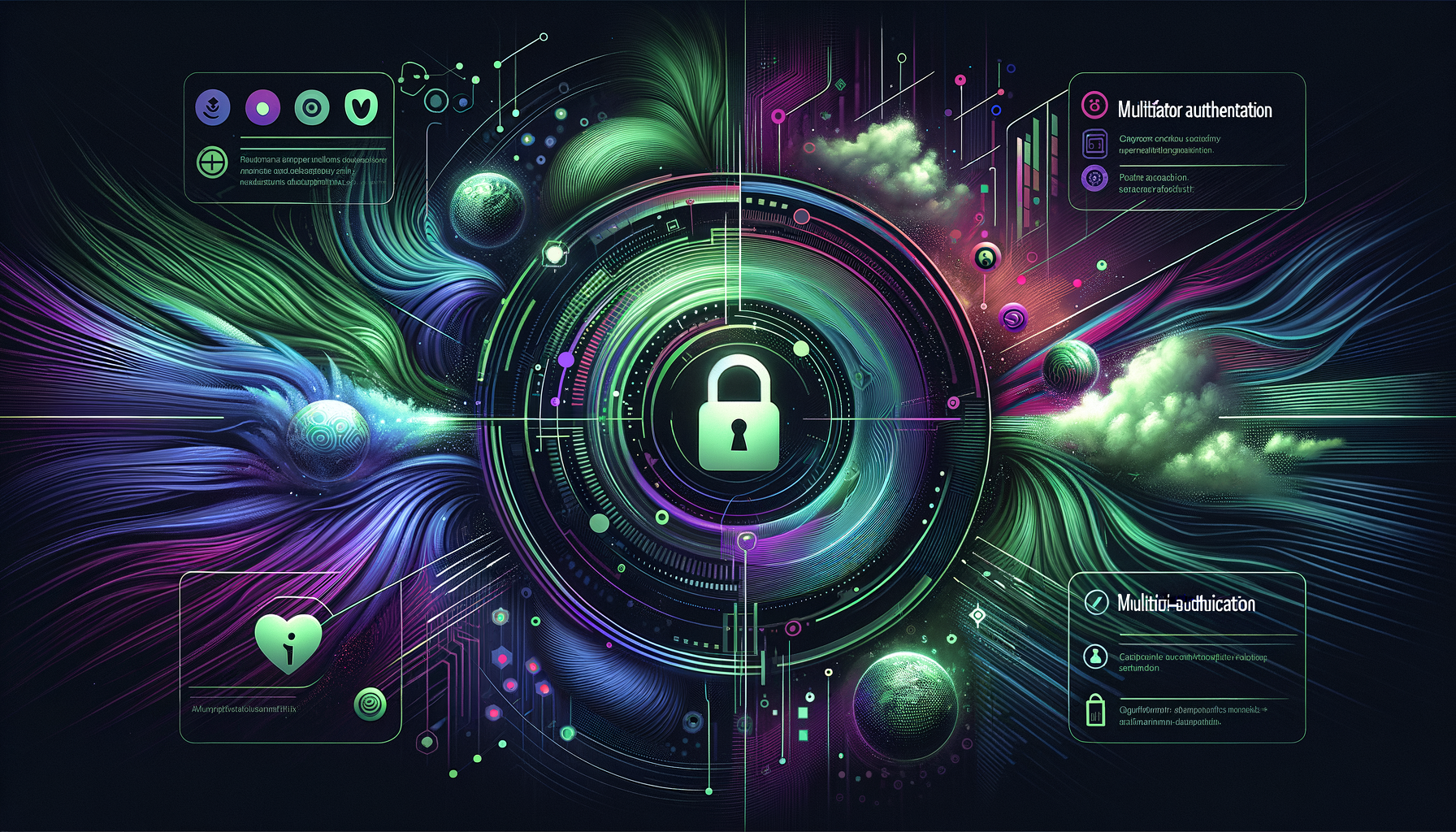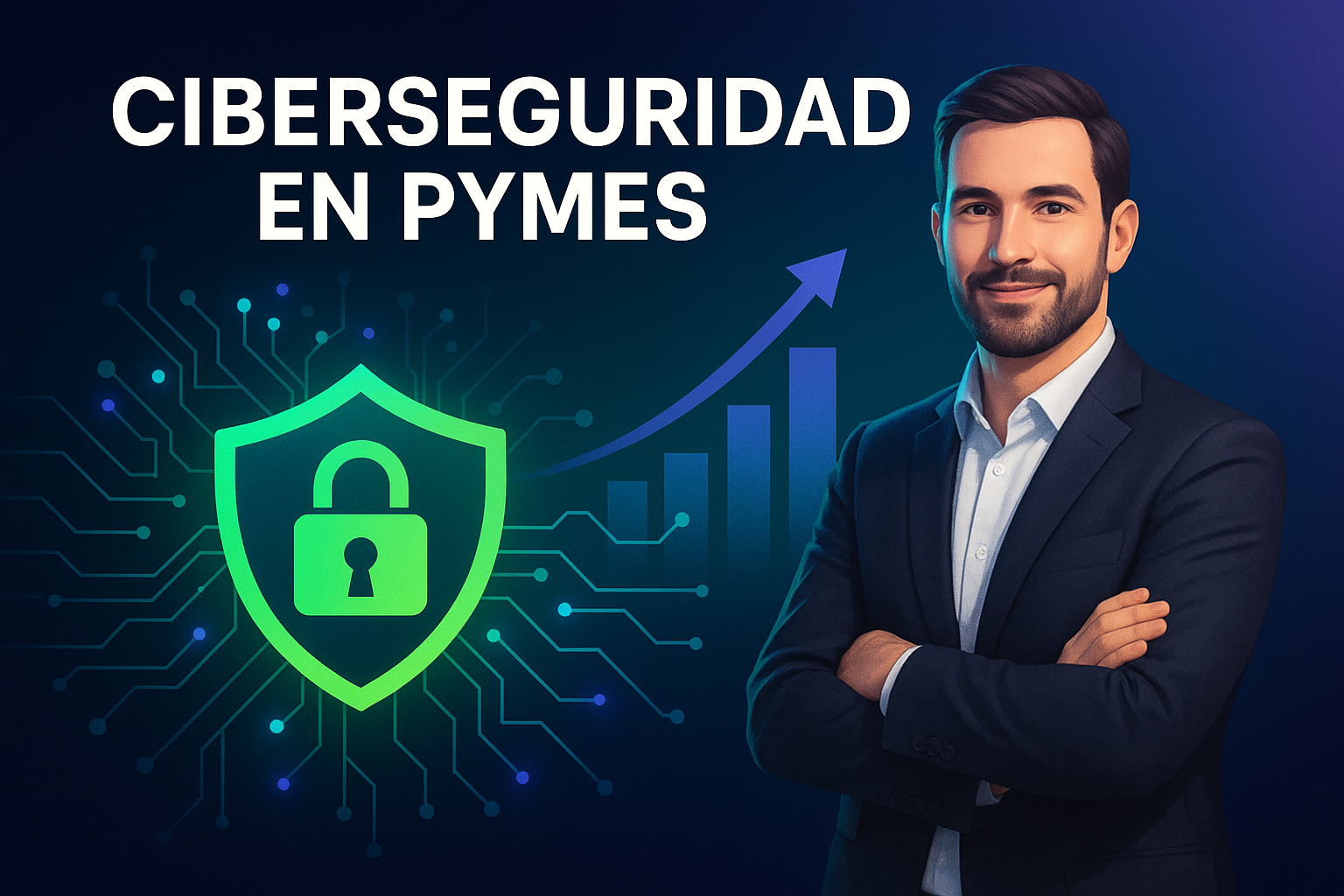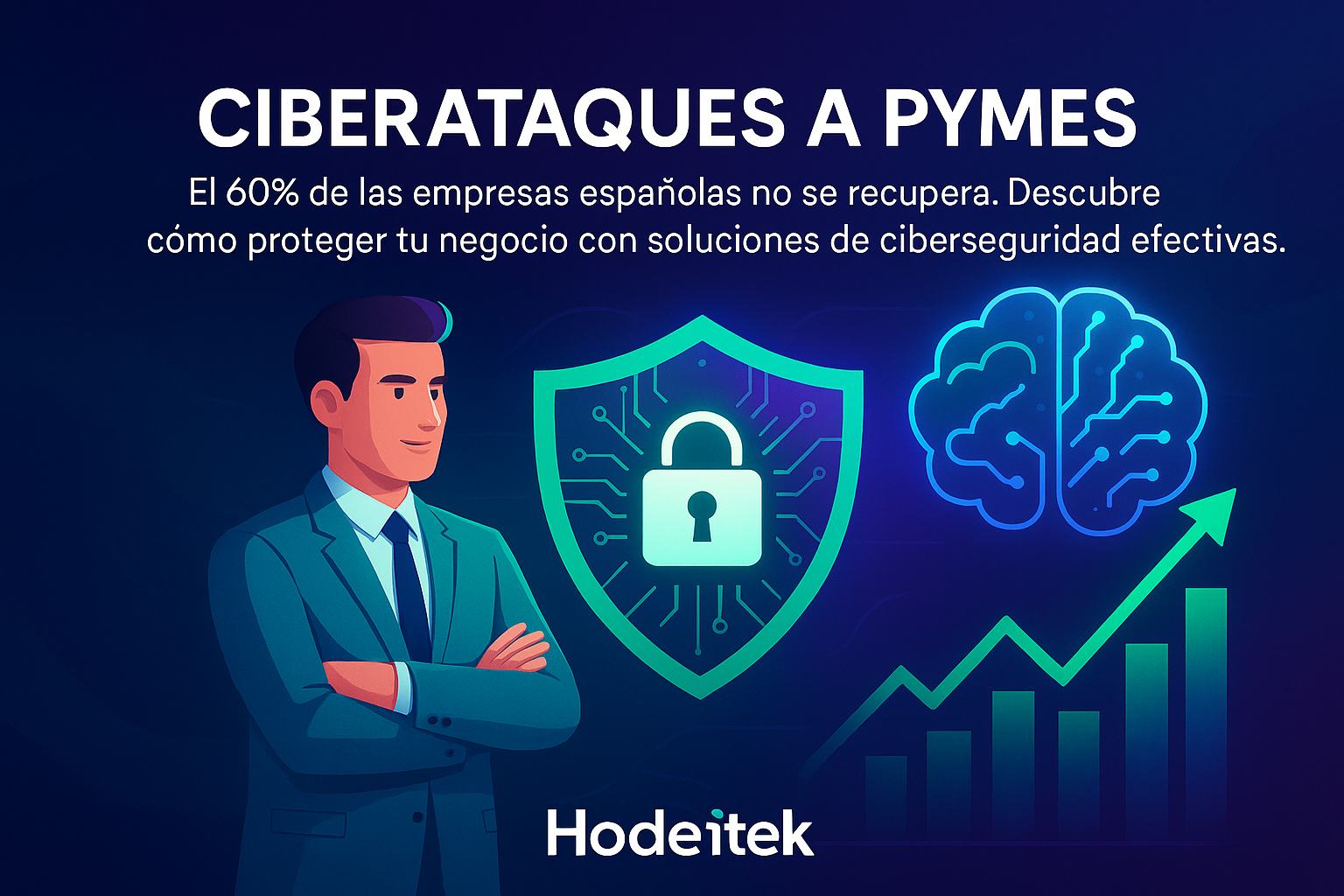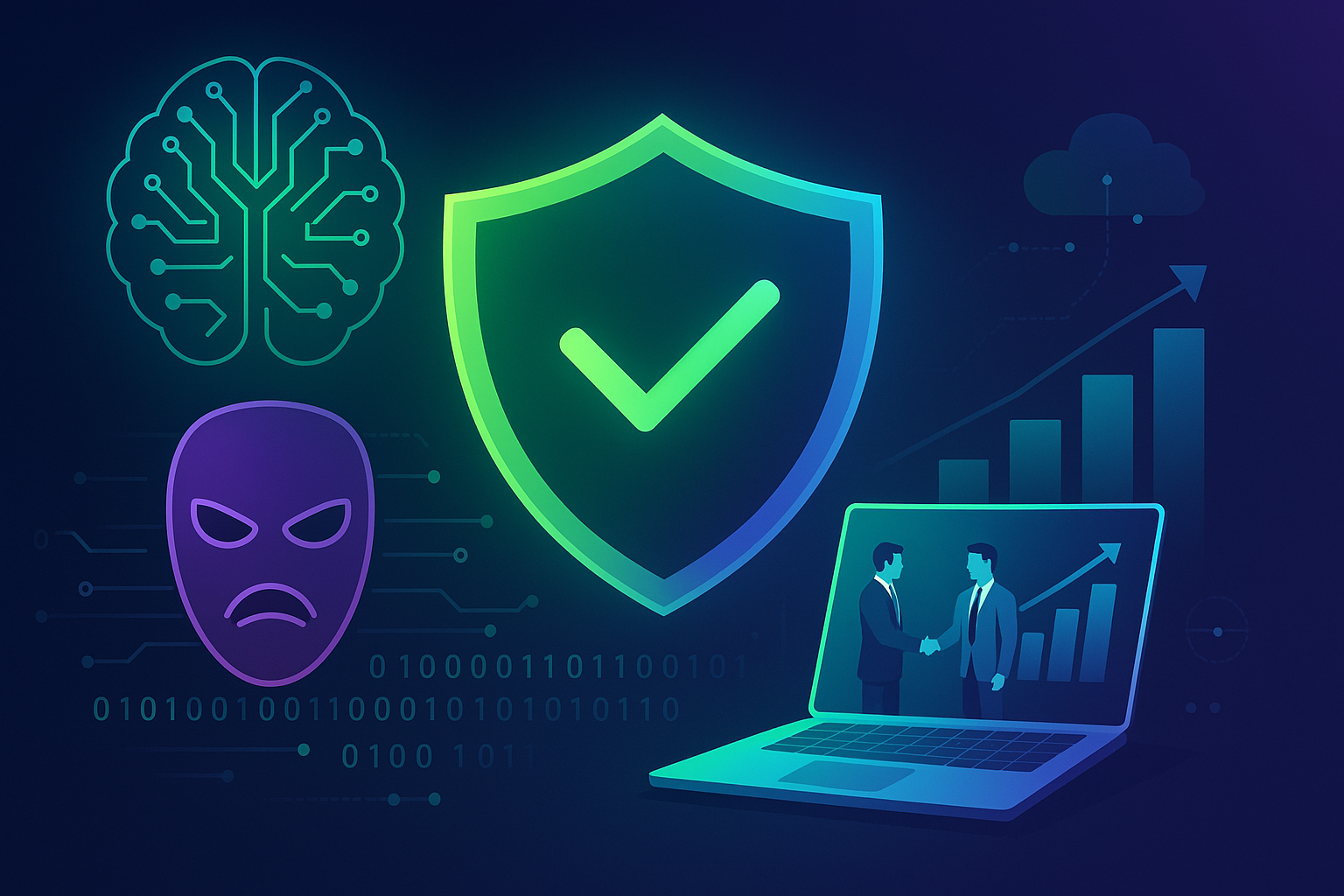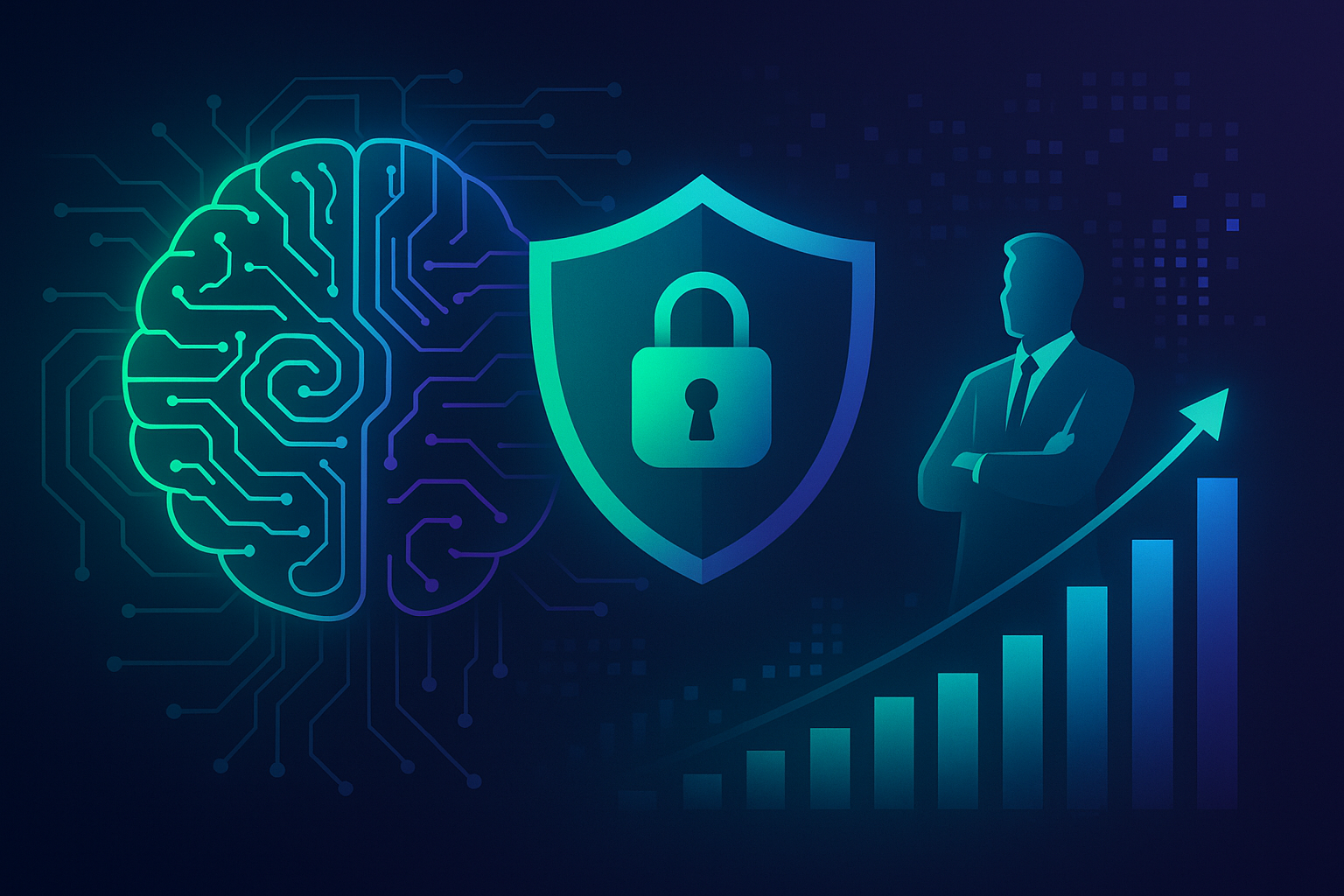Multifactor Authentication is Now Mandatory for Azure: What This Means for Your Business
In today’s digital age, where cyber-attacks and data breaches are increasingly common, securing digital assets has never been more critical. Recently, Microsoft announced that Multifactor Authentication (MFA) will become mandatory for Azure. This move is a strategic response to mitigate potential security threats and protect sensitive information. This article aims to delve deep into this development, drawing insights from multiple sources, and provide practical information for businesses across Spain, the European Union, and beyond on how to adapt and thrive in this new cybersecurity landscape.
Understanding Multifactor Authentication (MFA)
Multifactor Authentication (MFA) is a security process that requires users to verify their identity through multiple credentials before gaining access to an account or system. Instead of relying solely on a password (something you know), MFA might also include a code sent to a mobile phone (something you have), or a fingerprint scan (something you are).
The Importance of MFA in Cybersecurity
Given the rise in cyber-attacks, relying on passwords alone is not sufficient. According to a report by Verizon, over 80% of data breaches involve compromised credentials. MFA significantly reduces this risk by adding extra layers of security, making it much harder for unauthorized individuals to access sensitive information.
Why Microsoft Made MFA Mandatory for Azure
Azure, Microsoft’s cloud computing service, hosts numerous business-critical applications and data. This mandate to enforce MFA is designed to protect these assets underpinned by several key reasons:
- Enhancing Security Measures: By mandating MFA, Microsoft aims to safeguard sensitive data against phishing and other cyber-attacks.
- Compliance Requirements: Various regulations such as GDPR in the EU require stringent security measures, and MFA helps ensure compliance.
- User Acknowledge and Control: MFA provides better control over who accesses critical systems, adding a much-needed security layer.
This policy shift can have wide implications for businesses, particularly those that rely heavily on Azure services. Therefore, it’s crucial to understand and integrate comprehensive cybersecurity measures.
Integrating MFA with Hodeitek’s Cybersecurity Services
At Hodeitek, we provide comprehensive cybersecurity services tailored to meet your organization’s needs. Understanding Microsoft’s new mandate, we can assist businesses in implementing and managing MFA effectively within their cybersecurity framework.
Extended Detection and Response (EDR, XDR, MDR)
Our EDR, XDR, and MDR services focus on detecting and responding to threats. EDR (Endpoint Detection and Response) monitors and inspects endpoint activities, XDR (Extended Detection and Response) consolidates data from various security tools, while MDR (Managed Detection and Response) offers advanced threat detection and response. These services help businesses to identify and mitigate threats efficiently. Incorporating MFA amplifies the effectiveness of these solutions by ensuring only authenticated users can gain access.
Next Generation Firewall (NGFW)
A Next Generation Firewall (NGFW) provides advanced filtering capabilities, including application awareness and control. By deploying MFA alongside NGFW, businesses can ensure that only verified users access network resources, thus offering an additional security layer that guards against unauthorized access attempts.
Vulnerability Management as a Service (VMaaS)
Our Vulnerability Management as a Service (VMaaS) identifies, evaluates, and addresses vulnerabilities within your system. Integrating MFA ensures that these vulnerabilities are not effortlessly exploitable by unauthorized users, thereby protecting your digital assets effectively.
SOC as a Service (SOCaaS) 24×7
Hodeitek’s SOC as a Service (SOCaaS) 24×7 provides round-the-clock monitoring of your IT infrastructure. Integrating MFA ensures continuous verification of user identities, complementing SOCaaS’s efforts in detecting abnormalities and potential threats in real time.
Industrial SOC as a Service (SOCaaS) 24×7
Specialized for industrial systems, our Industrial SOC as a Service (SOCaaS) 24×7 oversees the security of critical infrastructure. MFA plays a crucial role here, ensuring that only authorized personnel can access sensitive industrial applications and data, thus minimizing the chances of industrial cyber-attacks.
Cyber Threat Intelligence (CTI)
Our Cyber Threat Intelligence (CTI) service helps preempt potential threats by analyzing and predicting cyber-attacks. When integrated with MFA, your threat intelligence mechanisms are fortified, ensuring that only legitimate users can access sensitive threat data.
Data Loss Prevention (DLP)
Data Loss Prevention (DLP) ensures that sensitive information does not get accessed or transferred unauthorizedly. Adding MFA adds another security layer, verifying user identity before permitting access to critical data, preventing potential data leaks.
Web Application Firewall (WAF)
Our Web Application Firewall (WAF) service protects web applications by filtering and monitoring HTTP traffic. With MFA, any attempts to bypass these security measures are thwarted by requiring multi-layered authentication.
The Benefits of Multifactor Authentication
- Enhanced Security: Adds additional layers of protection beyond mere passwords.
- Compliance: Helps meet regulatory requirements like GDPR.
- Reduced Risk of Data Breaches: More significant barriers to unauthorized access.
- Boost User Confidence: Shows a commitment to securing user data, enhancing trust in your organization.
Implementing MFA: Best Practices
Successfully implementing MFA in your organization requires careful planning and consideration. Here are some best practices:
- Assess Your Needs: Evaluate the security requirements of your organization to determine where MFA is most needed.
- Select the Right MFA Solution: Choose an MFA method that aligns with your business operations and user convenience.
- User Education: Ensure users understand the importance and functionality of MFA to gain their cooperation.
- Continuous Monitoring: Regularly monitor and update your MFA systems to ensure they remain effective.
Get Started with Hodeitek
Enhancing your cybersecurity measures is crucial in the modern digital landscape. At Hodeitek, we offer a variety of services to help you secure your business, from cybersecurity to Data Loss Prevention. Start enhancing your security today by contacting us here or click here to explore our full range of services.
Conclusion
Microsoft’s mandate to enforce MFA in Azure is a significant step towards enhancing cybersecurity. For businesses, this is not just a compliance requirement but a critical measure to protect against cyber threats. By leveraging Hodeitek’s extensive range of cybersecurity services, your organization can effectively adopt MFA and build a robust defense system against potential attacks.
Act now to secure your digital assets. Contact Hodeitek today to discuss how we can help you implement comprehensive MFA strategies and fortify your cybersecurity infrastructure.
